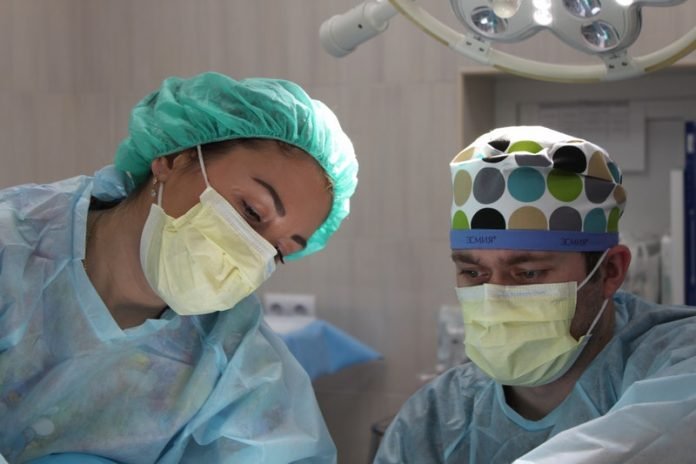
In a new study from Weill Cornell Medicine, researchers found COVID-19 may bring high risks of severe disease and death in many patients by disrupting key metabolic signals and thereby triggering high blood sugar.
They found that high blood sugar is common in hospitalized COVID-19 patients and is strongly linked to worse outcomes.
The researchers also found evidence suggesting that SARS-CoV-2, the coronavirus that causes COVID-19, can induce hyperglycemia by disrupting fat cells’ production of adiponectin, a hormone that helps regulate blood sugar levels.
High blood sugar, the core feature of diabetes, is associated with inflammation and weakened immunity against infections, and was recognized as a significant risk factor for severe COVID-19 early in the pandemic.
However, doctors later began finding evidence that COVID-19 is associated with hyperglycemia in patients who have no history of diabetes.
In the study, the team analyzed the records of 3,854 patients in the first few months of the pandemic in the United States.
They found that a remarkably high proportion (49.7%) of these patients presented with high blood sugar or developed it during their hospital stays.
High blood sugar in these COVID-19 patients was also strikingly linked to worse outcomes.
Compared to patients with normal blood sugar levels, the patients with high blood sugar were 9 times more likely to develop severe lung dysfunction (acute respiratory distress syndrome, or ARDS), 15 times more likely to be given mechanical ventilation, and 3 times more likely to die.
Hyperglycemia in COVID-19 patients is mainly caused by insulin resistance, in which insulin is present but the tissues it normally acts upon are no longer sensitive to it
Further tests revealed that the COVID-19 ARDS patients had severe declines in blood levels of adiponectin, a hormone produced by fat cells which normally has a protective effect against diabetes by enhancing insulin sensitivity.
The team says patients with obesity, for example, may be more vulnerable to COVID-19 because they may already have some degree of insulin resistance and fat cell dysfunction, and possibly their fat cells are more susceptible to infection.
The findings also suggest that a class of diabetes drugs called thiazolidinediones, which boost adiponectin production, may be useful in treating COVID-19 when it includes hyperglycemia. Further research is needed before this becomes clinically actionable.
The study is published in Cell Metabolism. One author of the study is Dr. James Lo.
Copyright © 2021 Knowridge Science Report. All rights reserved.



